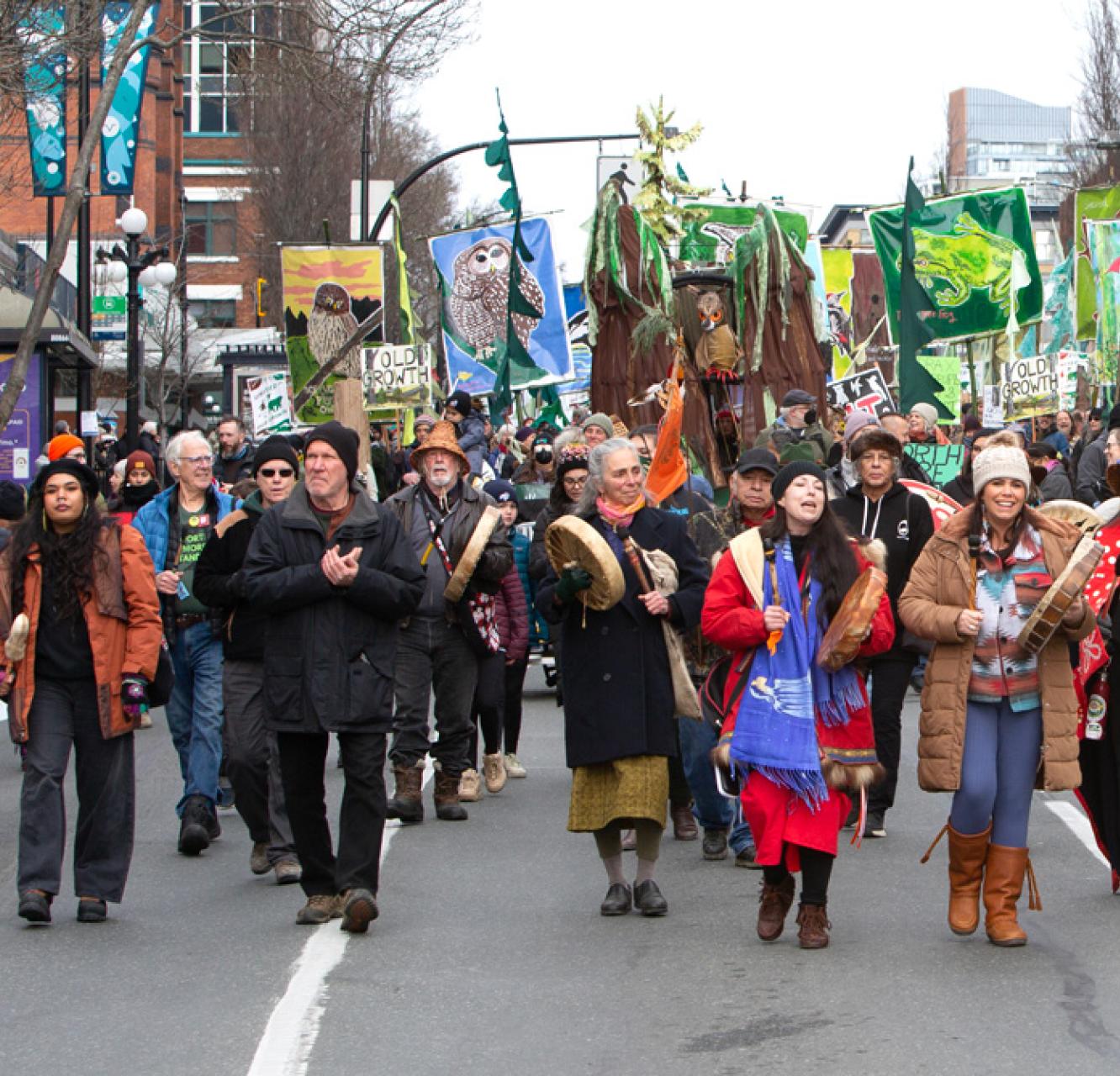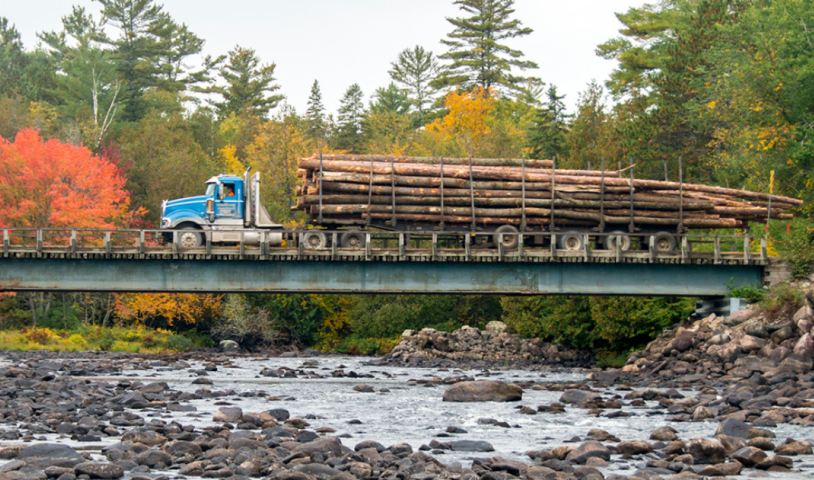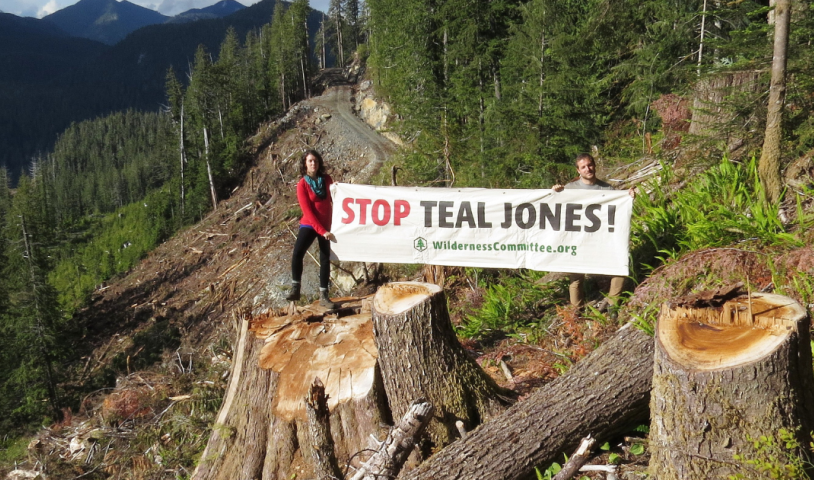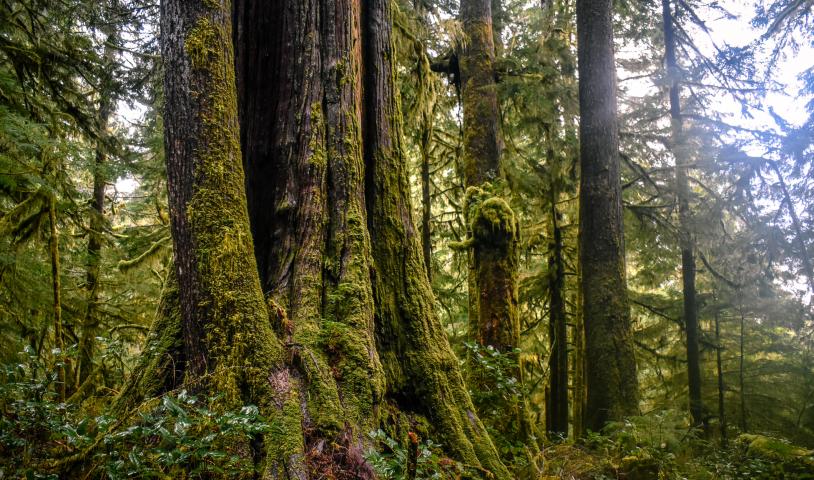Contentious forest carbon program could cost taxpayers, critics charge
Thursday, September 12, 2013A new provincial government scheme to fund reforestation by selling carbon credits is supposed to steer private-sector money into public forests – but taxpayers could still be stuck with the bill, says the NDP's forestry critic.
The B.C. Forest Carbon Partnership Program plans to sell carbon offset credits to corporations to plant trees in areas affected by forest fires or the mountain pine beetle infestation.
Program proponents say it differs from the government's carbon-neutral strategy, under which public institutions like schools and hospitals are required by law to buy carbon offsets to achieve carbon neutrality. Those offsets are bought by the Pacific Carbon Trust (PCT), a Crown corporation.
In a report released this March, then-auditor general John Doyle identified serious problems with the carbon offsets bought by PCT.
Unlike the public-sector carbon-neutral program, the forest carbon credit offering will focus on corporate clients in the voluntary market, said James Sandland, manager of climate solutions with the Ministry of Forests, Lands and Natural Resource Operations.
Sandland said several B.C. companies and large Canadian financial institutions have already expressed interest in the program.
But one of the first customers will likely be the PCT, said Offsetters CEO James Tansey.
"The most valuable role government can play in the early stages is being a preferred buyer, and to help get demand for it started," Tansey, who was an adviser to the forest carbon offsets project, told Business in Vancouver.
Sandland acknowledged that the program would be open to all investors – including the PCT.
That possibility worries NDP forestry critic Norm Macdonald.
"It's possible that it's an expensive option if the Pacific Carbon Trust is involved," said Macdonald (see sidebar). "It would be cheaper for the government to go out and plant the area themselves."
The auditor general's report on the Pacific Carbon Trust concluded that the B.C. government had not achieved its goal of carbon neutrality.
Doyle found that two of the projects, which received a total of $6 million in public money, did not meet the government's own additionality requirements.
Additionality means that the investment is used only to fund projects that would not otherwise have been initiated without the extra money.
Doyle also found that PCT had not provided enough transparency around the price per tonne it had agreed to pay and that it had paid double the average price for some offsets.
Through a freedom of information request, BIV also discovered that the PCT paid TimberWest $5.6 million to conserve old-growth timber the company had never planned to log.
But Tansey and Sandland said selling carbon offsets to fund reforestation is a good option for B.C. because the Ministry of Forests doesn't have enough in its budget to meet replanting demand.
"There's 18 million hectares of [pine-beetle] damaged forest and at most we'll only [replant] 300,000 hectares with our current funding," said Sandland.
He added that the carbon offsets would also meet the additionality test because the tree planting would not be done otherwise.
But Macdonald countered that the government has been underfunding silviculture for years and did not adequately plan during the gradual expansion of the mountain pine beetle infestation in its early stages.
He also pointed out that in 2002, the BC Liberal Party removed the government's legal obligation to reforest Crown land that is affected by natural deforestation, like wildfires and pests.
Reforestation carbon credits expected to fetch high price
If the Pacific Carbon Trust is an early buyer of the reforestation credits, the Crown corporation will pay a premium.
The Ministry of Forests, Lands and Natural Resource Operations expects carbon credits for tree planting to sell for between $10 and $20 a tonne. The average price of carbon offsets is $5 a tonne.
"It's not necessarily the cheapest way to generate tonnes, because there's more labour inputs and more costs involved," said Offsetters' James Tansey, an adviser on the reforestation project.
"But with the forest carbon offset protocol that was created in B.C. and a lot of the rules around forestry here … we think it's a really good part of the offset supply in B.C."
The ministry expects to be able to sell corporate clients on the extra features of its reforestation offsets brand.
"The projects we're talking about … there's so many other environmental attributes, from biodiversity, wildlife habitat and all that stuff," said James Sandland, manager of climate solutions for the Ministry of Forests.
Tansey said that as carbon-emitting industries like LNG ramp up, demand for made-in-B.C. carbon offsets will likely increase.
Environmentalist wary of carbon credits
Eoin Madden, climate campaigner with the Wilderness Committee, would like to see more emphasis placed on beefing up B.C.'s carbon tax as a more effective way to reduce emissions.
"That's the whole problem with the idea of trading carbon credits," said Madden. "It's very hard to figure out what would have or would not have happened, given market forces. It's much easier to just put a carbon tax on carbon, per tonne, and let [the tax] rise over time."




